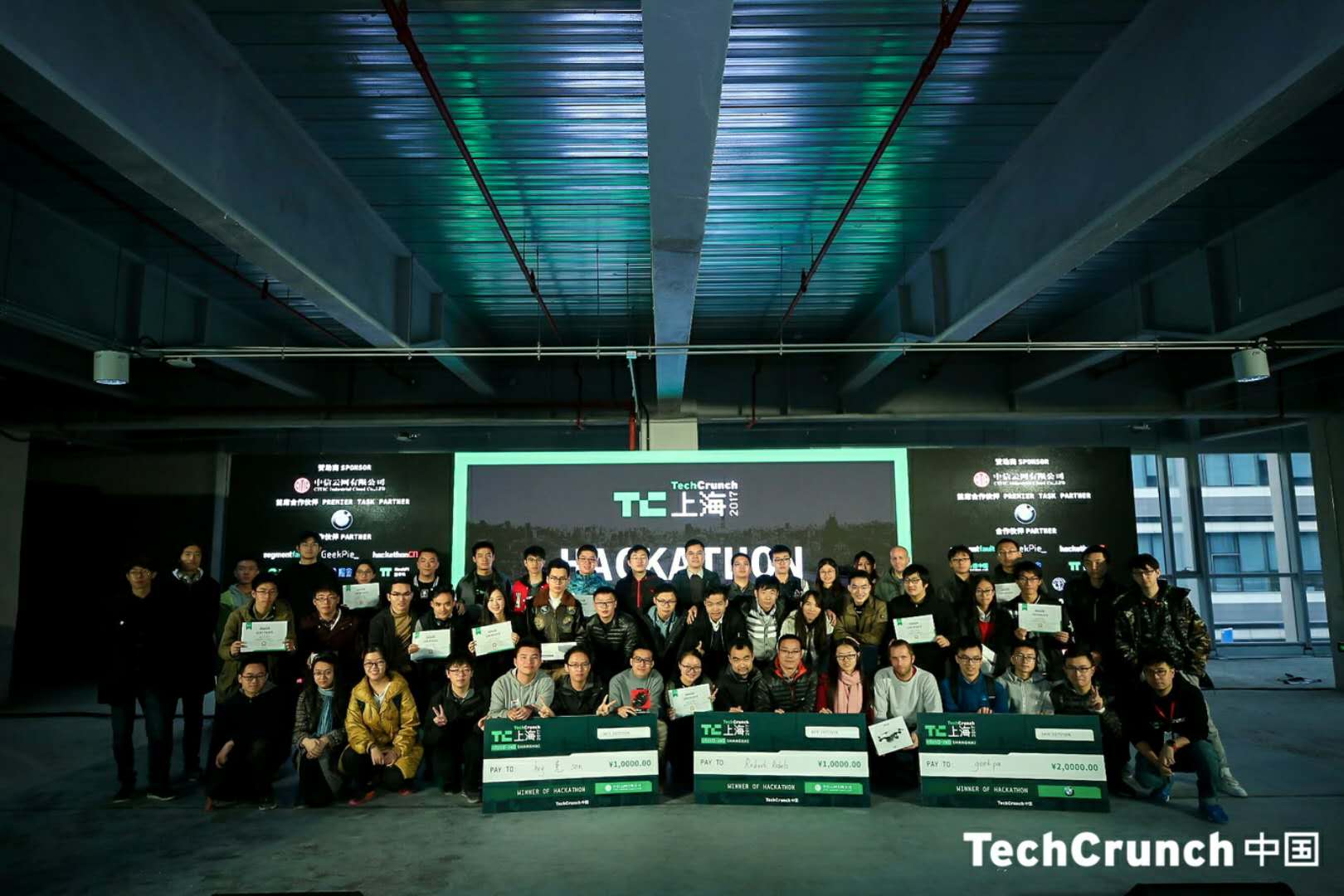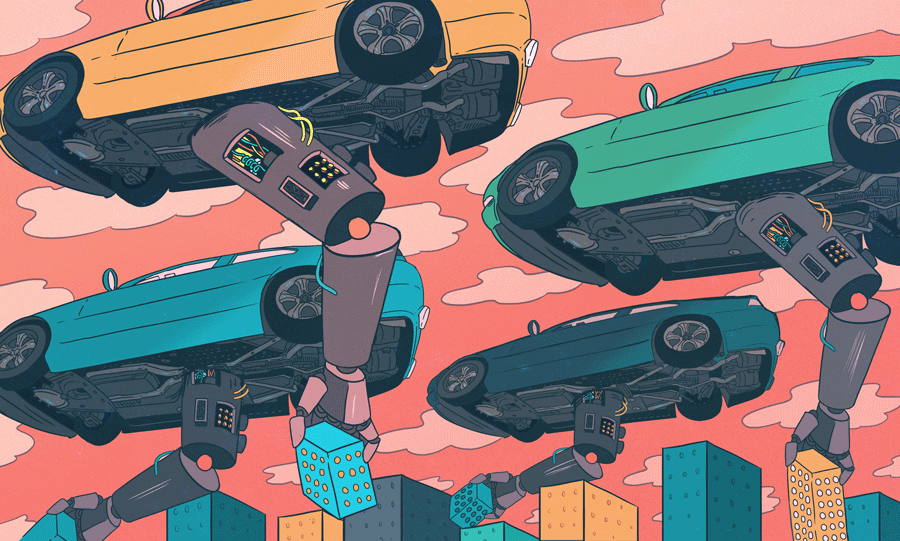Here’s what you missed at TechCrunch Shanghai 2017
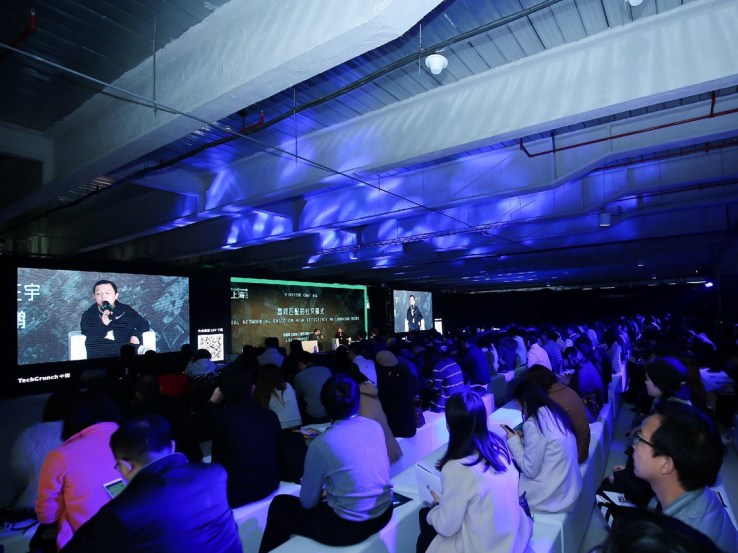
Editor’s note: This post originally appeared on TechNode, an editorial partner of TechCrunch based in China.
This week saw TechCrunch land in Shanghai for yet another great event. While Shenzhen — the site of our previous China show — might be the hardware capital, Shanghai has a potent mix of hungry entrepreneurs from all over the world.
We were delighted to welcome back for the seventh time more than 8,000 attendees including 600 for the hackathons, 300 investors, 200 startups and companies from over 25 countries.
If didn’t get a chance to make it over, here’s a quick recap of what you missed.
Chinese electric vehicle maker NIO more concerned with user experience than rival Tesla
NIO’s VP of User Development Izzy Zhu talked about the role user experience plays at the company. It plans to be Tesla’s biggest rival globally and are focusing on securing the China market first through high-quality products and user experience. It has received $2.1 billion over 4 rounds of funding, much of it used to create a car company that covers all parts of the car industry.
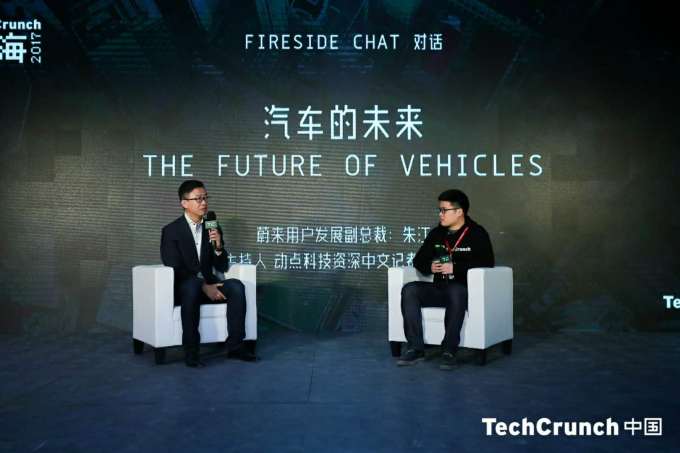
China’s fintech is still in its infant phase
Founder and CEO of Rong360, Ye Daqing, and one of the companies investors, James Mi, came on stage to talk about the current state of China’s fintech. China has seen many fintech companies go IPO, but many are also receiving more scrutiny from regulators after allegations of improper lending. TechNode founder and CEO spoke with the two to find out what makes a good fintech company in China.
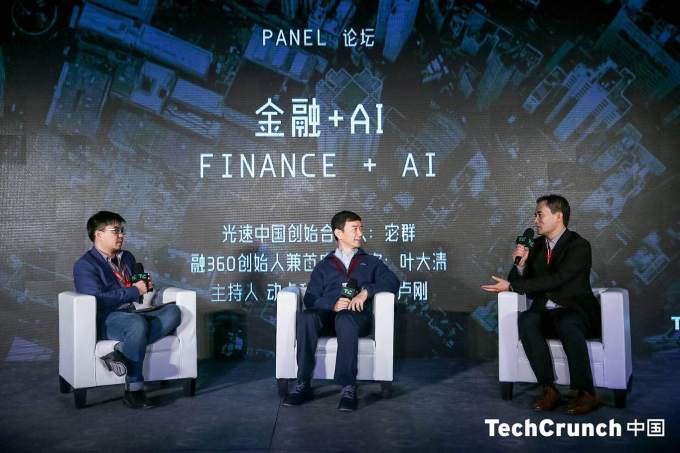
Tantan wants to solve China’s singles problem
Wang Yu, founder and CEO of China’s answer to Tinder, came on stage to talk about how his company is solving a problem unique to China: getting youngsters out of their shell. Started in 2014, the app has 6million daily active users and has made over 3 billion matches. As an app breaks the ice between two people, Tantan aims to provide a channel for younger Chinese to meet others, not facilitate fleeting sexual encounters.
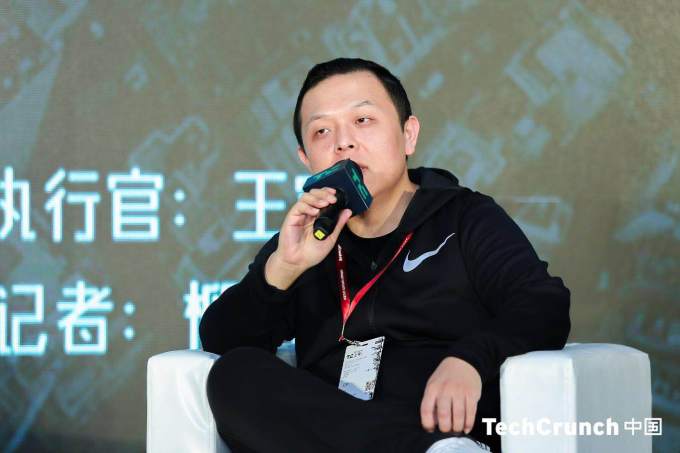
VR winter is over, AR has just started
Kevin Leung, director at HTC VIVE X (HTC VIVE’s accelerator), and Atli Mar Sveinsson, co-founder and CEO of Directive Games, put China’s rapid development of VR/AR hardware into context. Both agreed that we are still waiting for the “killer app” that will drive mass adoption of this high-potential technology.

Shoplifting isn’t a problem for unmanned stores
Amazon may have unveiled the first unmanned store, but Chinese companies are the ones actually pushing the idea forward. However, questions of security and theft are following this infant industry as consumers are still trying to understand it. Chen Zilin, founder and CEO of BingoBox, told the TechCrunch audience that rates of stolen or damaged goods are actually lower in unmanned stores than in traditional ones. While the West may be sitting idle, China is racing ahead in technology-driven consumption.
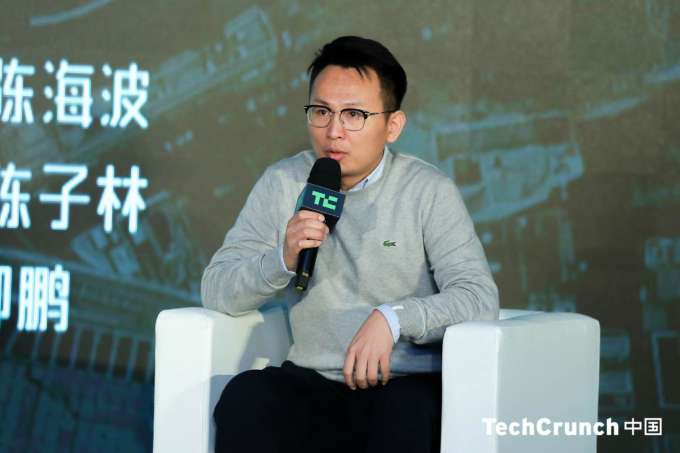
Four cornerstones for China’s 2nd-hand goods exchange unicorn
Preferring the term “idle goods,” Idle Fish (xianyu in Chinese) is taking advantage of the piles of unwanted stuff Chinese people have at home. In a culture built on gifting, its not uncommon to receive things you have no idea what to do with. Idle Fish offers users a way to “share” their “idle goods” and make some extra pocket money at the same time. Vern Chen took to the stage and gave us insight into how the company has been so successful.

Volcanics Ventures is betting on China’s medical and healthcare industry
Founded by Zhang Suyang, a successful investor previously at IDG Ventures, Volcanics Ventures focuses on medical technology, in particular, the areas of medicine where traditional diagnoses fail. Zhang explained how his investments focus on technology-driven medical solutions and told the audience about some of the main challenges facing medtech companies in China.

Live blog: Our Blockchain Future at TechCrunch Shanghai
This year, we had so much content that we couldn’t keep it on one stage! Across two afternoons and two stages, we held talks on China’s consumption upgrade, cross-border trends, biomedical industries, and the future of blockchain. At the blockchain side stage, we heard from speakers about the future of Bitcoin (and whether its still relevant), what ICOs are going to look like next year, how decentralized apps are changing the world, a lively debate on whether Bitcoin can stave off replacement, as well as a look at the future of digital identity.
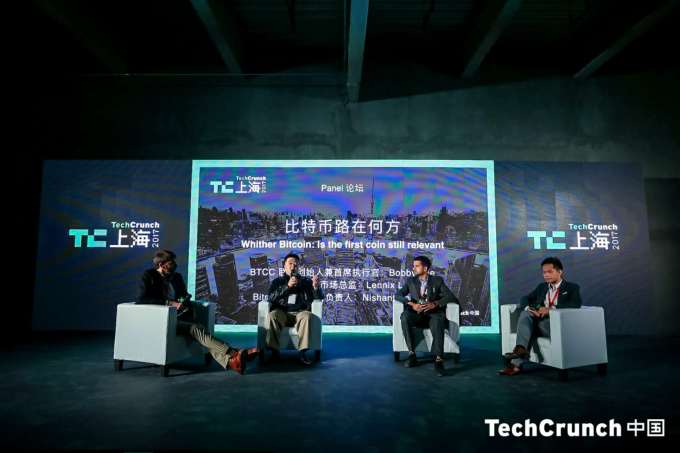
TechCrunch Shanghai startup competition winner Blue Sky Labs sucks up RMB 1 million prize
Last but not least, we can’t forget the winners of TechCrunch Shanghai’s startup competition. Winners Blue Sky Labs took home a bond from GSR Ventures for RMB 1 million. The startup presented us with a fashionable and smart face mask that uses machine intelligence to learn about your breathing patterns to create the necessary air supply.
Second place went to Norma, a Korean company making security solutions for IoT devices. Third place went to BIOSENSORIX, developers of a rapid medical diagnostics device while 4th place went to FlintOS, a version of Chrome OS that can be used on almost any computer, and Elsewhere, an Uber for spaces.
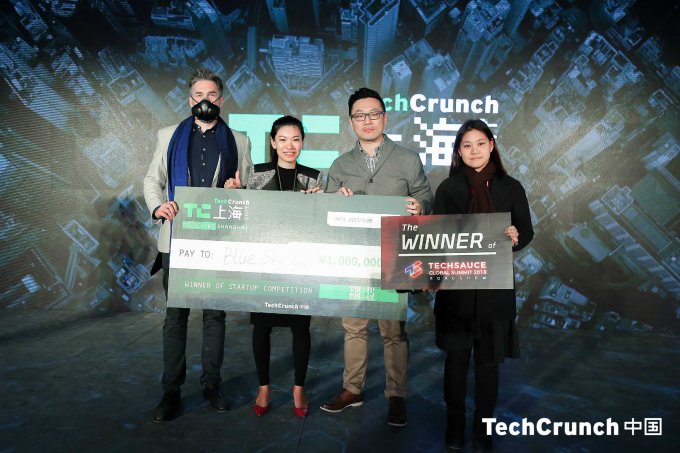
The winners of the TechCrunch China Shanghai 2017 hackathon
This year TechCrunch hosted two hackathons with problems and prizes from BMW and CITIC. The best part was, of course, the hackathon for teens where we saw future developers show off their stuff. A big congratulations to the Reboot Rebels for placing first as well as Huibulalala for winning the teen hackathon.
If you want to relive the excitement (and get a peek at what actually happens at a hackathon), check out the records from our live blog.

Published at Thu, 30 Nov 2017 09:49:10 +0000

